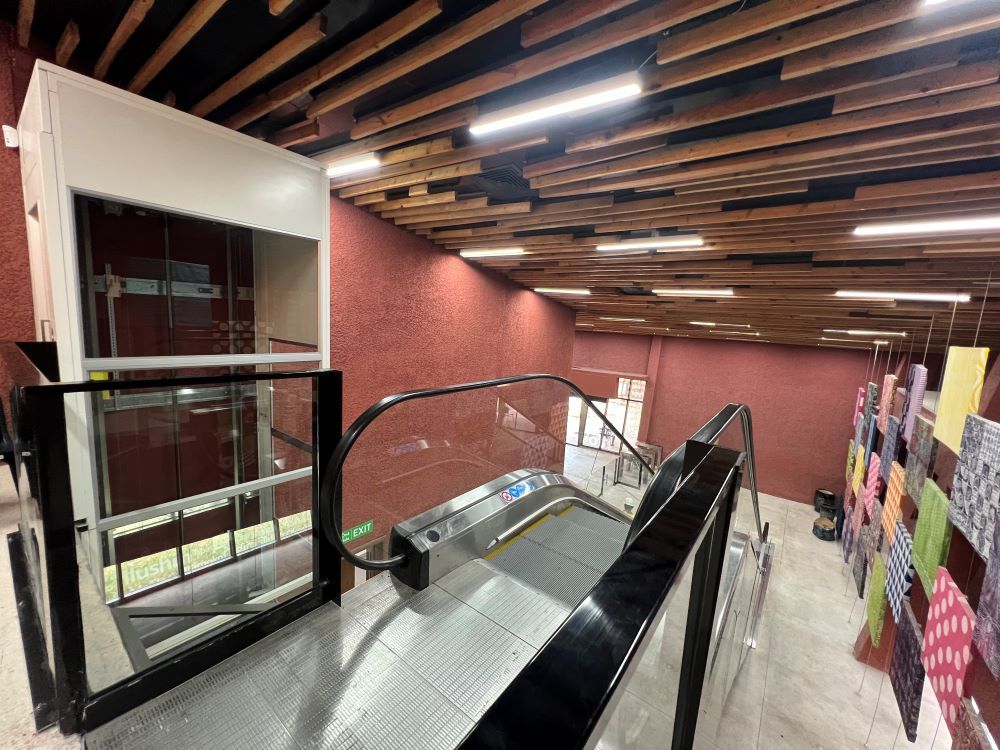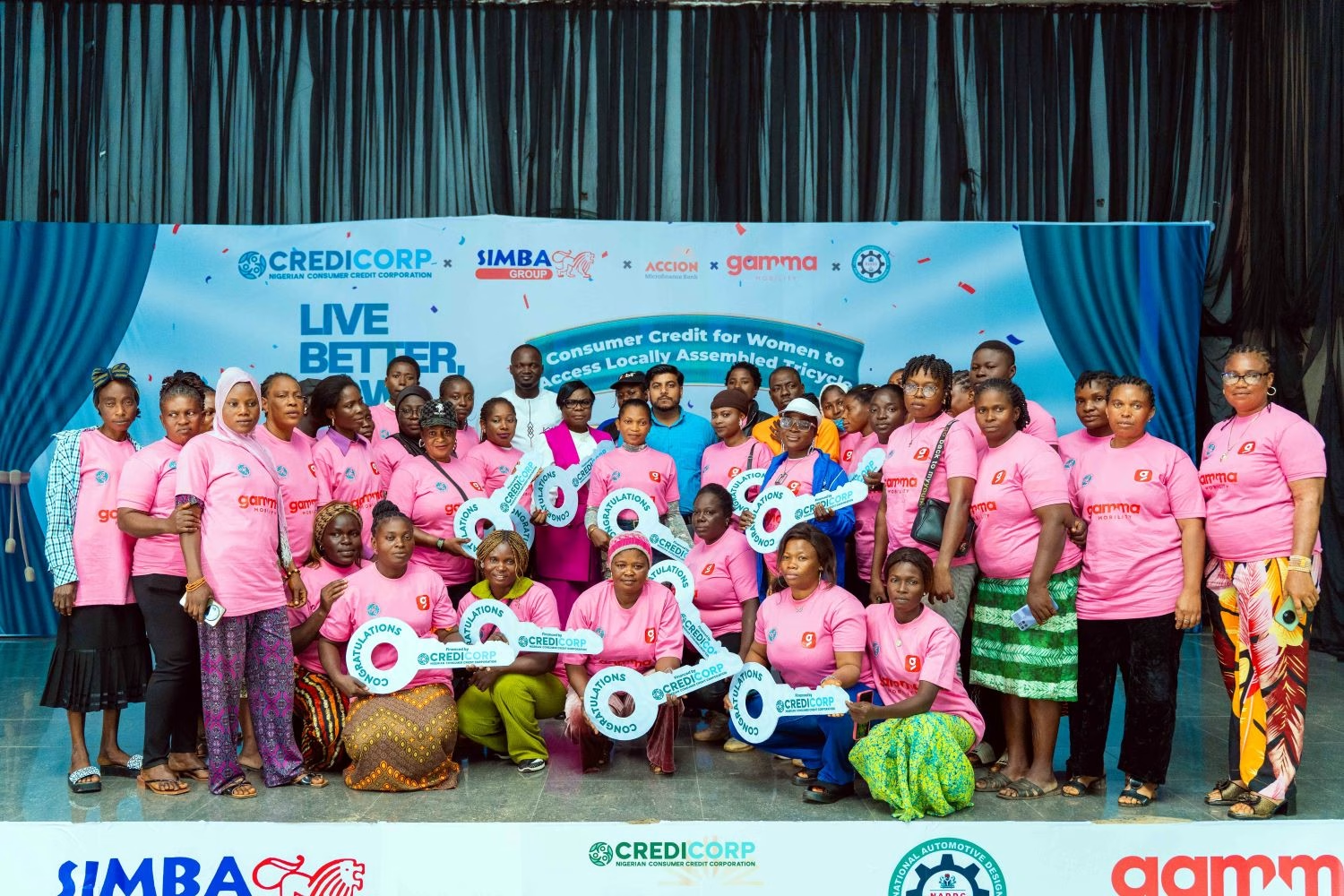A monkeypox case in which the patient’s nose started to rot has led doctors to warn of the potentially severe effects of the virus in certain patients.
The case was reported by doctors in Germany after a 40-year-old man visited his healthcare provider with a red spot on the tip of his nose which was initially diagnosed as sunburn.
However, the man’s condition worsened over the next few days, with his nose developing necrosis.
Necrosis is a condition in which body tissue dies. This can occur for a number of reasons, including injury, infection, radiation or chemicals. Symptoms of necrotic tissue vary depending on the type of necrosis and the location, but may include severe pain.
In the case of the German patient, a photo shows how his nose appears covered in dry, cracked skin that has turned black towards the tip.
While the condition of the patient’s nose deteriorated, doctors also noticed that he had developed skin lesions around his body consistent with a monkeypox infection, including on his penis and mouth. Doctors carried out PCR tests on the skin lesions and found that the man was positive for monkeypox.
Further testing also revealed that the man had long-duration syphilis—a bacterial infection—as well as an advanced HIV infection, both of which had not previously been diagnosed.
HIV, or human immunodeficiency virus, is known to affect the body’s immune system, weakening it by destroying the cells that fight disease and infection. If left untreated, HIV can weaken the immune system to the extent that people can get seriously ill from other infections that a healthy immune system would more easily have fought off.
Eventually, HIV can lead to acquired immunodeficiency syndrome (AIDS), which is a life-threatening condition. Fortunately, while HIV cannot be cured, it can be effectively treated.
In their report outlining the case of the patient who developed necrosis, doctors stated that most cases of monkeypox so far have been mild and that a controlled HIV infection “does not appear to be a risk factor” for severe cases.
However, they added that this case in particular “illustrates the potential severity of MPXV infection in the setting of severe immunosuppression and untreated HIV infection.”
The patient was given oral doses of tecovirimat, an antiviral drug approved for use against smallpox that may also be used to help fight monkeypox in patients with severe manifestations of the disease. He was also given antiretroviral therapy for his HIV infection as well as medication for syphilis.
Over time, the patient’s monkeypox lesions dried out and his nose “partially improved” with less swelling, according to the report. While necrosis is not reversible, it is possible to treat the condition by removing affected tissue.






























